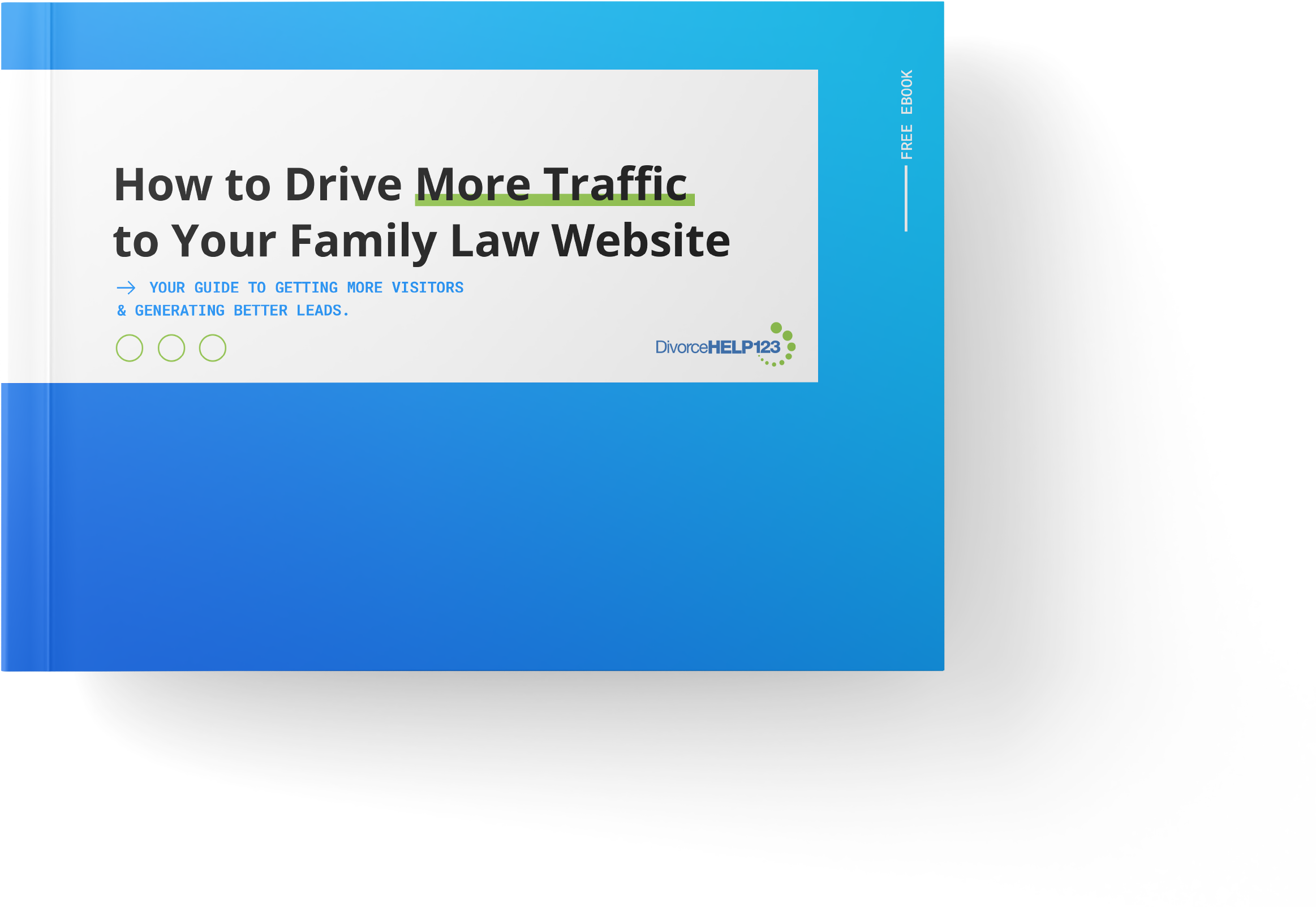At the very center of the current wave of change in the law sphere is LegalTech, a word that you may have heard before.
LegalTech refers to the growing industry that focuses on delivering technology-based law solutions to both law professionals and everyday people. How growing, you ask? Over $9 billion invested in 2021.
For this article, we’ll go over the very basics of the concept, its current incarnation, and its application in Family Law.
What is LegalTech?
In general, LegalTech refers to the collection of tech companies, products, and services that market to law businesses.
One could argue that your everyday office software suite (like your word processor, spreadsheet app, and email service) could be considered LegalTech. They are indeed tech used by lawyers. Generally, though, the term is used to highlight solutions tailor-made for specific law-inclined users.
One thing that defines the very essence of LegalTech is its focus on disrupting tradition. Law tends to be rather conservative in its resistance to change, which makes it an odd pair with the fast-pased tech industry.
However, these opposite values balance each other off, as law grounds tech’s wildly speculative nature, and tech heightens law’s impactful potential.
Types of LegalTech software
Lawyers and other legal professionals have used technology and software as part of their day-to-day tasks for the last few decades. LegalTech as we understand it today, started within the last decade.
From the digitized court records that have been around since the 1970s to paradigm-breaking artificial intelligence (AI), there are many types of legal tech software solutions. Consider some of the following as major examples:
- Case repositories
- Electronic filing systems
- Access to justice efforts
- Electronic discovery and due diligence
- AI and Machine Learning systems
- Software-assisted tax filing
- Billing, accounting, and management software
- Specialized Customer Relationship Managers (CRMs)
- Case Management Software
- Smart contracts
As previously stated, the LegalTech industry is a rapidly growing sector, with over $9 billion dollars invested in 2021, according to Law360.
LegalTech as a SaaS solution
A lot of LegalTech applications, especially those launched within the last few years, exist as SaaS.
SaaS, or Software-as-a-Service, is a business model for delivering applications that has become very popular within the last few years.
As opposed to traditional one-time transactions in exchange for products, SaaS opts for a subscription-based approach. In exchange, it gets centrally-hosted, cloud-based services that undergo constant, iterative development.
Let’s break down that terminology, shall we?
SaaS is often centrally-hosted and cloud-based. That means that instead of running on your machine, services are hosted on powerful computer servers that you can access from anywhere.
The practical consequence of this is enhanced security, stability, and reliance. Industrial servers are generally more difficult to compromise or malfunction.
Another major aspect of SaaS is its constant, iterative development. A decade or so ago, it was customary for software products to be a one-and-done sort of thing. You buy the license, and you get to use that particular version in perpetuity, with minor updates. The problem with this was that software, especially in business, becomes outdated very fast.
SaaS, as a subscription-based model, delivers ongoing major updates. Existing subscribers are entitled to them with no additional charge, as development for products never really ends.
For software providers, this ensures a steady stream of cash flow and a closer relationship with their userbase. Meanwhile, users benefit from a low cost of entry and ongoing support.
How LegalTech is transforming Family Law
Family Law is amongst the many legal industries undergoing major digital transformation.
As one of the more public-facing facets of law, family law experts have come to understand that the service expectations of the average population have evolved alongside our very tech-reliant world. Thus, their service should also evolve.
While customer service is important for every kind of law firm, Family Law professionals should be aware of the importance of how they approach their clients and their issues. Indeed, empathy and attentive service are must-haves for attorneys and paralegals dealing with divorce. For many, that is one of the most stressful times in their clients’ lives. Research often places divorce as #2, in fact, just after the death of a spouse!
Thus, LegalTech approaches to Family Law often deal with service, using technology to simplify the divorce and support process for both professionals and their clients. Applications of LegalTech for Family Law include:
- Workflow digitalization
- Document management and generation
- Database management
- Privacy and security
- User experience
DivorceHelp123: a Leading LegalTech Solution
Our product, DivorceHelp123, was built from the ground up to be a premier Family Law solution for divorce professionals, including attorneys, paralegals, and many more.
It was designed to account for the point of view of a client, fed up with the endless back and forth of filling forms, updating data, and manually writing in the same information over and over. Never mind also dealing with the emotional and day-to-day fallout of a divorce.
Try DivorceHelp123 for free today! You can reach out and schedule a live demo here.

